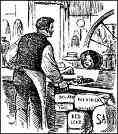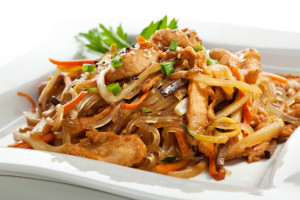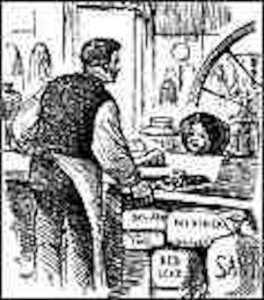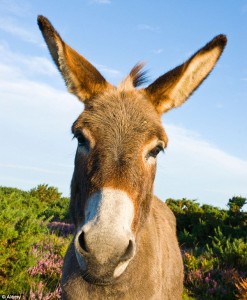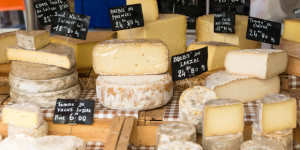But why wasn’t the investigation and cause revealed earlier, to warn and hopefully prevent further cases. Maybe it has something to do with the legal system in Australia.
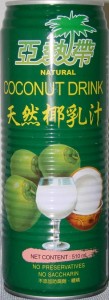 Maybe it doesn’t.
Maybe it doesn’t.
A 10-year-old child died from an allergic reaction in Dec. 2013 after drinking a “natural” coconut drink imported by a Sydney firm.
The canned product from Taiwan, Greentime Natural Coconut Drink, is sold in most states and was recalled just over a month later following the tragedy. But it was never revealed that it was blamed for causing the fatal anaphylactic reaction in the child from Melbourne.
The NSW Food Authority said importer Narkena Pty Ltd, based in western Sydney, pleaded guilty in September to three labelling charges and will be sentenced later this month.
The authority said the company entered pleas of guilty to two charges that the drink was labelled in a way that falsely described the food and to one charge of selling food in a manner that contravened the Food Standards Code.
A spokeswoman for the Victorian Coroner said a decision about whether there would be an inquest would be made after the other court hearings were concluded. Lawyers are understood to be pursuing a civil action against the importer.
Despite the tragedy occurring some 22 months ago, it was only in August that a suppression order was applied for in relation to the case.
The child, as a minor, cannot be named by The Sun-Herald.
The child is understood to have had an allergy to dairy products. The NSW Food Authority said at the time that the recall was because the milk content was not declared on the label.
Narkena Pty Ltd did not respond to a request for comment.
Five coconut drinks have been recalled in the last four weeks, all because they contained undeclared cow’s milk according to Allergy and Anaphylaxis Australia.
Last month, The Sun-Herald reported Aiden Henderson, nine, who is allergic to dairy products, went into anaphylactic shock after drinking the flavoured drink Coco Joy. It is also imported by a Sydney firm and was recalled after the incident.
Maria Said, president of Allergy & Anaphylaxis Australia said she was dismayed that although the coconut drink the child consumed immediately before the anaphylaxis that took his life was found to contain cow’s milk, it had taken almost two years for other similar products to be investigated.
“Surely someone in the food science industry would have known the cow’s milk was used for a functional purpose in coconut drink and if that was the case, it would likely be in other coconut drinks,” she said.
“Another child’s near-death experience after drinking a different coconut drink in July 2015 prompted NSW Food Authority to test other coconut drink products, some of which have now also been recalled due to undeclared cow’s milk. The spate of coconut drink-related recalls continues as it should have from Jan 2014.”

